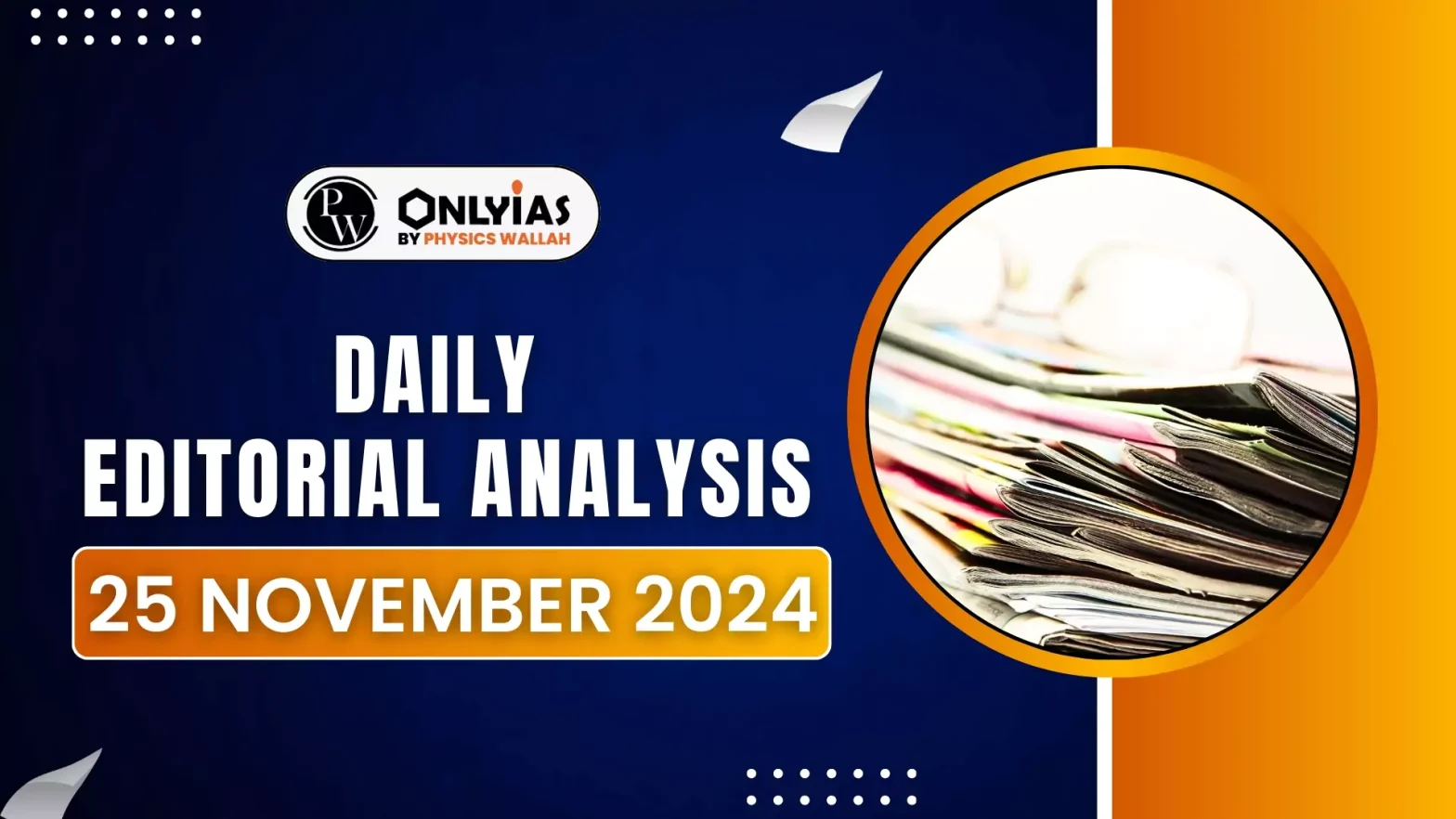A 2023 study published in the Journal of Pharmaceutical Policy and Practice highlights the critical issue of widespread sale of unapproved and banned Fixed Dose Combinations (FDCs) of antibiotics in India, raising concerns about public health and regulatory failures.
What are Fixed Dose Combinations (FDCs)?
- FDCs combine two or more active ingredients in a single dosage form. While they can improve patient compliance especially in complex treatments—unapproved or improper combinations can lead to severe health risks.
- For instance, drugs with known side effects may interact in harmful ways, reducing therapeutic efficacy or creating toxic metabolites.
- This is why it is crucial that all FDCs undergo rigorous approval processes to ensure their safety and effectiveness.
Enroll now for UPSC Online Course
Why does the pharmaceutical industry promote the use of Fixed Dose Combinations (FDCs)?
- Escape Price Control: Under the Drugs (Prices Control) Order (DPCO), the government fixes prices for individual drugs but not for combinations. This loophole allows pharmaceutical companies to create FDCs to circumvent price caps and maintain higher profit margins.
- Profit Maximization: FDCs are marketed as unique products, allowing companies to charge higher prices. By combining two or more drugs, companies claim to offer a product that caters to a specific need, thus reducing market competition and increasing potential profits.
- Avoidance of Quality Testing: Most FDCs lack standardized testing protocols under the Indian Pharmacopoeia Commission. This absence of regulatory standards allows companies to manufacture and sell drugs without the risk of prosecution for substandard quality under the Drugs & Cosmetics Act, 1940.
Concerns Associated with the Use of Fixed Dose Combinations (FDCs) in India
- Unabated FDC Sales: In 2020, 60.5% of antibiotic FDCs sold in India were unapproved, and 9.9% were banned, representing a significant volume of unsafe medications.
- Despite legal amendments and expert recommendations since 1978, regulatory inefficiencies persist, with the Drugs Controller General of India (DCGI) failing to effectively curb the sale of unsafe FDCs.
Causes of Unabated FDC Sales:
- Non-compliance by State Drug Controllers: State drug controllers continue to issue manufacturing licenses for FDCs that have not been approved by the DCGI, flouting the law.
- Ineffective Banning Process: The sporadic banning of individual FDCs leads to a “whack-a-mole” situation, where manufacturers quickly introduce alternative formulations that bypass restrictions.
- Judicial Inconsistencies: Inconsistent court rulings and interpretations of the DCGI’s authority under Section 26A further hinder the regulation of FDCs, enabling manufacturers to continue selling unapproved combinations.
|
- Antimicrobial Resistance (AMR): FDCs, particularly those containing antibiotics, contribute significantly to the growing problem of antimicrobial resistance (AMR) in India.
Check Out UPSC Modules From PW Store
Conclusion
The ongoing problem with FDCs reflects a deep-seated issue in India’s drug regulatory framework. It is crucial for the Ministry of Health and the pharmaceutical industry to take immediate action to ensure that only safe, effective drugs reach the public.
![]() 25 Nov 2024
25 Nov 2024

